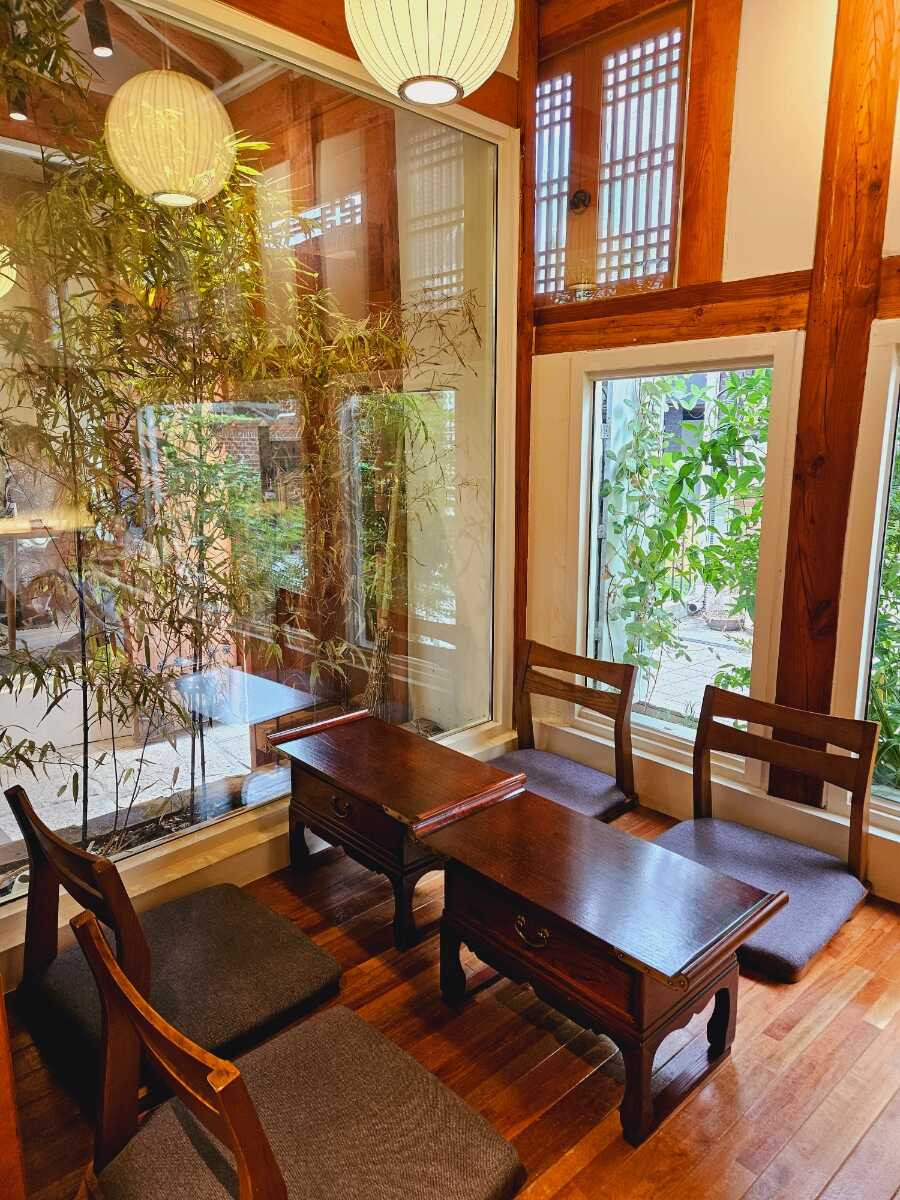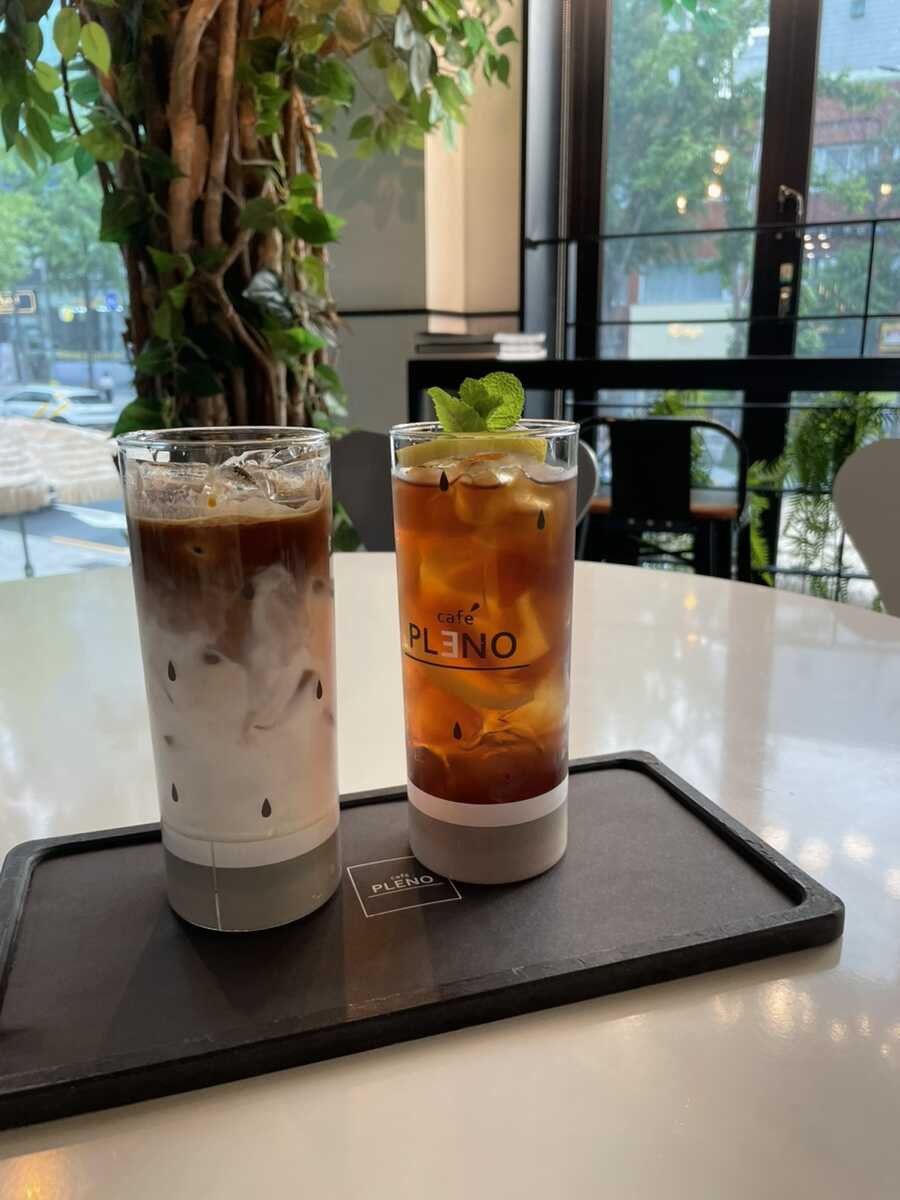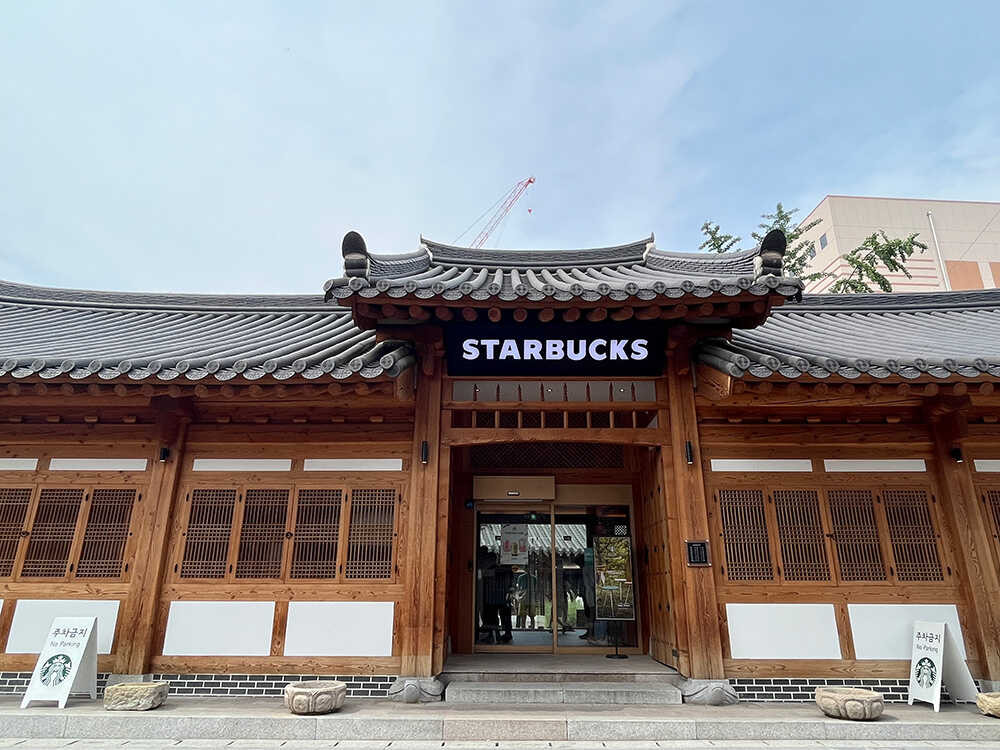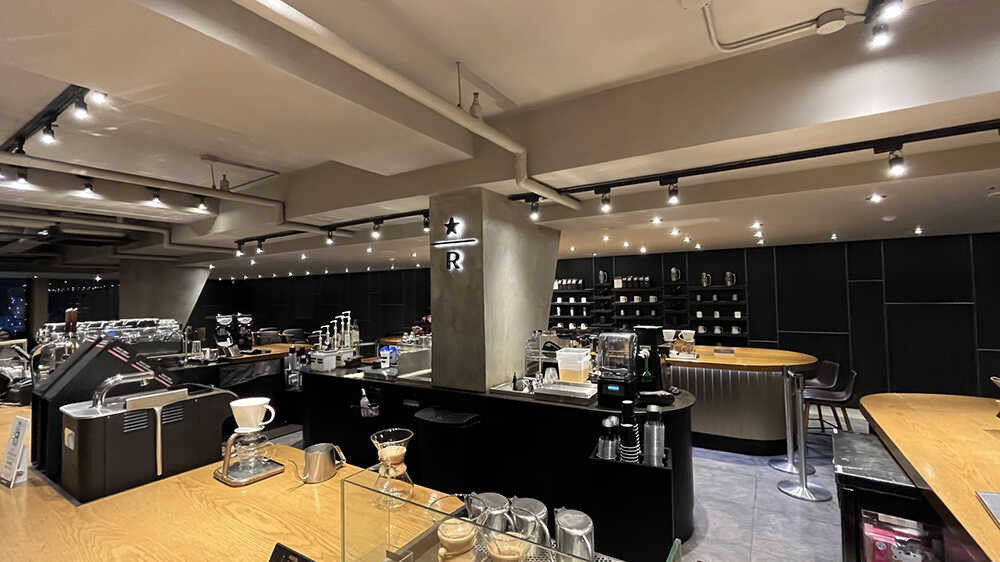The Love Of Coffee In Korea

In recent years, South Korea has experienced a remarkable rise in coffee consumption, capturing the attention of locals and foreigners alike. On average, Koreans drink more than 2-3 cups of coffee per day. It is almost a daily routine to drink during work or after meals. Even on the street, you can easily see people carrying coffee cups.
This article delves into the captivating coffee trend that has swept the nation, shedding light on the unique coffee culture, statistics, and a comparative analysis with other countries. As a foreigner trying to understand the driving forces behind this phenomenon, let's take a journey through the rich world of Korean coffee.

Coffee trends in Korea
Korea's fascination with coffee can be traced back to the early 2000s, when coffee shops began popping up in cities. What started as a trend has now become a way of life. South Korea's fast-paced lifestyle and strong work ethic have contributed to the rise of coffee as a convenient and comforting beverage. The allure of coffee shops as social gathering places and cozy havens to escape the hustle and bustle of the city has played a significant role in sustaining this trend.

Coffee culture in Korea
Coffee culture in Korea is more than just a caffeine fix; it's a social ritual and a form of self-expression. Many Koreans frequent coffee shops to relax, study, or meet with friends. The cozy aesthetics and attention to detail in coffee shops provide an ambiance that is both welcoming and Instagram-worthy. The country's penchant for aesthetics extends to latte art, making each cup a personalized masterpiece. The cafe experience has become intertwined with personal identity, making coffee selection and customization a reflection of one's tastes and preferences.

Coffee consumption statistics
Statistics speak volumes about Korea's coffee obsession. According to the International Coffee Organization, South Korea's coffee consumption has nearly tripled in the past decade. In 2010, the average Korean consumed about 0.44 kg of coffee per year. By 2020, that number had jumped to 1.2 kg per person. With an ever-increasing number of specialty coffee shops, convenience stores, and innovative coffee products, it's clear that the coffee culture is thriving.
Compare with other countries
When Korea's coffee consumption is compared to other countries, the results are fascinating. Traditional tea-drinking nations such as China and Japan are also experiencing a shift to coffee. However, Western coffee giants such as the United States and Scandinavian countries still lead the way in per capita coffee consumption. The difference lies in the depth of the coffee culture - Korea's emphasis on coffee shops as communal spaces sets it apart from the more solitary coffee consumption in some Western cultures.

In the grand tapestry of global coffee culture, Korea has carved out a unique niche. The fusion of convenience, aesthetics, and the desire for social interaction has created a coffee trend that's not just about the beverage itself, but about the entire experience. As a foreigner immersing yourself in the intricacies of Korea's coffee craze, you can't help but be captivated by the way a simple cup of coffee has woven itself into the fabric of modern Korean life. Whether you're looking for a quiet moment of solace or a bustling hub of connection, Korea's coffee scene has it all, making it a must-visit destination for coffee enthusiasts and curious travelers alike.
Booking.com



